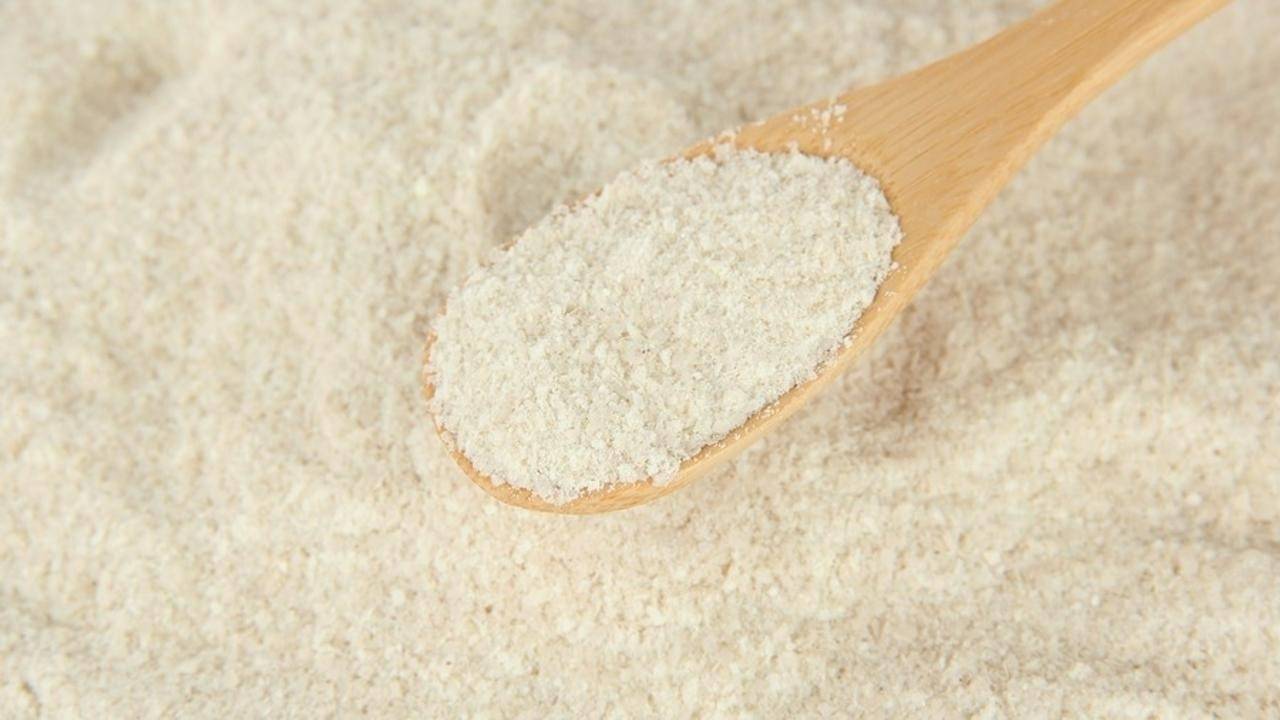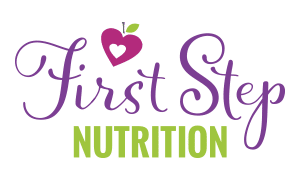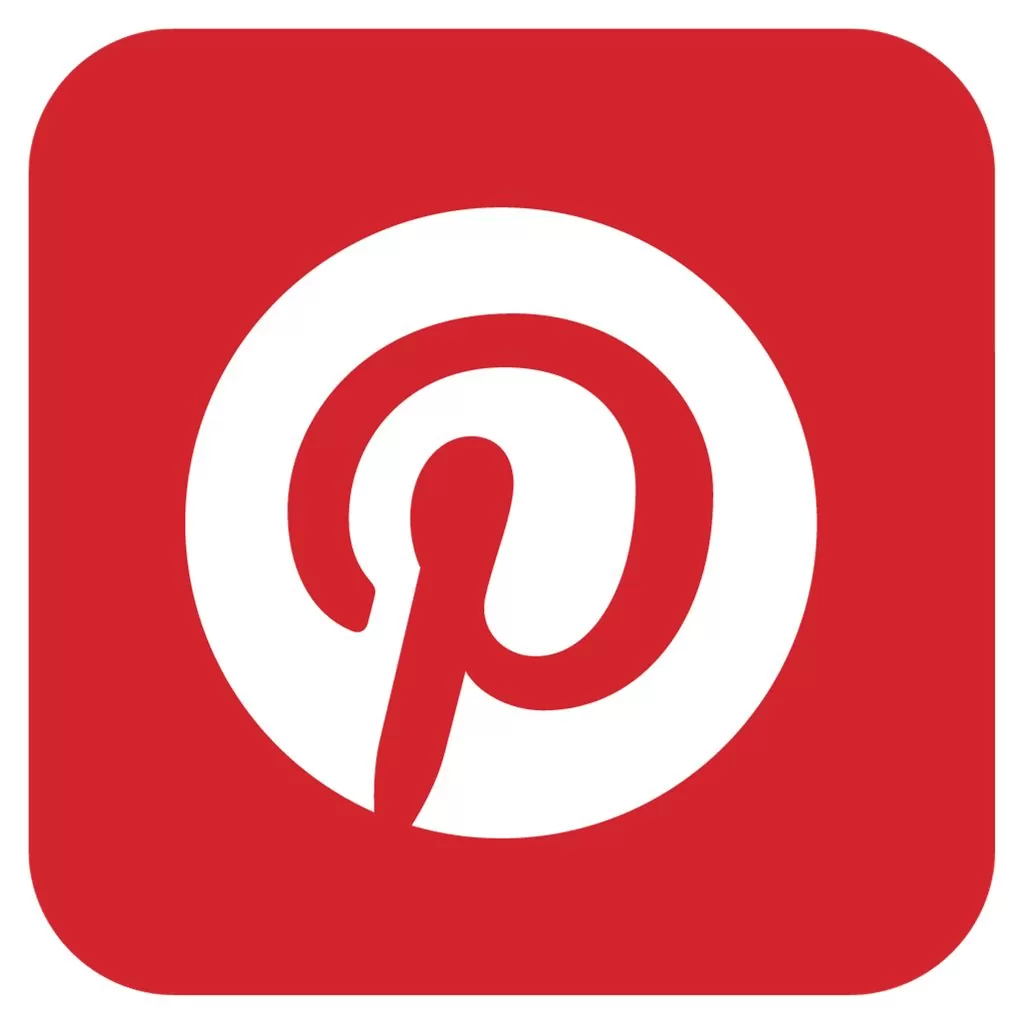
Homemade Baby Formula: Is it Safe?
More than once I have been asked: “I can’t breastfeed, can I make my own homemade infant formula for my baby?”
Sometimes parents want a dairy-free, raw or vegan infant formula option. Or have heard that goat’s milk formula is easier to tolerate and head to google to find a recipe.
Sometimes homemade formula recommendations comes from your chiropractor or naturopath. I’ve also seen infants on “natural” commercial formulas that are meant as a supplement to a toddler diet. Not as the sole source of nutrition for an infant. The baby was not thriving….
Homemade or “natural” formulas are not appropriate for infants. I have seen them lead to digestive problems and failure to thrive in the short term. And the long-term consequences are unknown.
Puleeeeze make sure you are getting very important nutrition information for your infant from someone who knows what they are talking about. Like a pediatrician or pediatric dietitian.
The Weston A Price Foundation is the most popular sources for homemade baby formula recipes. One of their recipes is made of liver, and is far too high in vitamin A.
Another formula recipe is made with raw cow’s milk. Which is illegal and can be very dangerous to your baby. Hundreds of people have gotten ill and been hospitalized from the bacteria in raw milk.
I know, not a popular or trendy stance on raw milk. And yes, it contains good bacteria too. But without pasteurization, the bad bacteria can grow quickly. And an infant is especially sensitive, given they are drinking formula so often and have an undeveloped immune system.
Ok, so now that you are not going to make your infant formula, here are some other options to look into:
1) You can try to re-lactate or start lactating.
Even if you are adopting, with the help of hormones, it can be done. The International Breastfeeding Centre talks about how to re-lactate or induce lactation. Super neat, aren’t our bodies amazing?!
2) Purchase Breastmilk from Milk Banks
Depending on where you live, you may have access to a milk bank.
Screened and pasteurized breast milk is available from the Northern Star Mothers’ Milk Bank in Alberta. Most of the milk is used for premature babies in the hospital NICUs, but also available by doctor prescription or for purchase if there is extra supply.
3) Informal Milk Sharing Options
There are also informal milk-sharing organizations like Human Milk for Human Babies on Facebook, or from another nursing mom you know.
Health Canada warns against milk-sharing, as the milk is not screened and your baby can catch HIV from breast milk. This article from INFACT Canada argues against Health Canada’s warning, and supports donor milk as a better option than commercial formula.
4) Purchase commercial infant formula.
While you may not understand or like some of the ingredients, they have been formulated to meet baby’s nutrition needs. While they will never be on-par with breast milk, they are created to mimic breast milk as much as possible. And are a much safer option than homemade formula.
I know feeding our babies is a close-to-the heart topic for us mamas. We are all doing our best to keep our babies healthy.
Have you tried any of the above options? Share your story in the comments below!
Founder of First Step Nutrition | Registered Dietitian Nutritionist
Jen believes raising happy, well-nourished eaters who have a healthy relationship with food doesn't have to be a battle! She is an author and speaker with 18 years of experience specializing in family nutrition and helps parents teach their kids to try new foods without yelling, tricking, or bribing.






No Comments